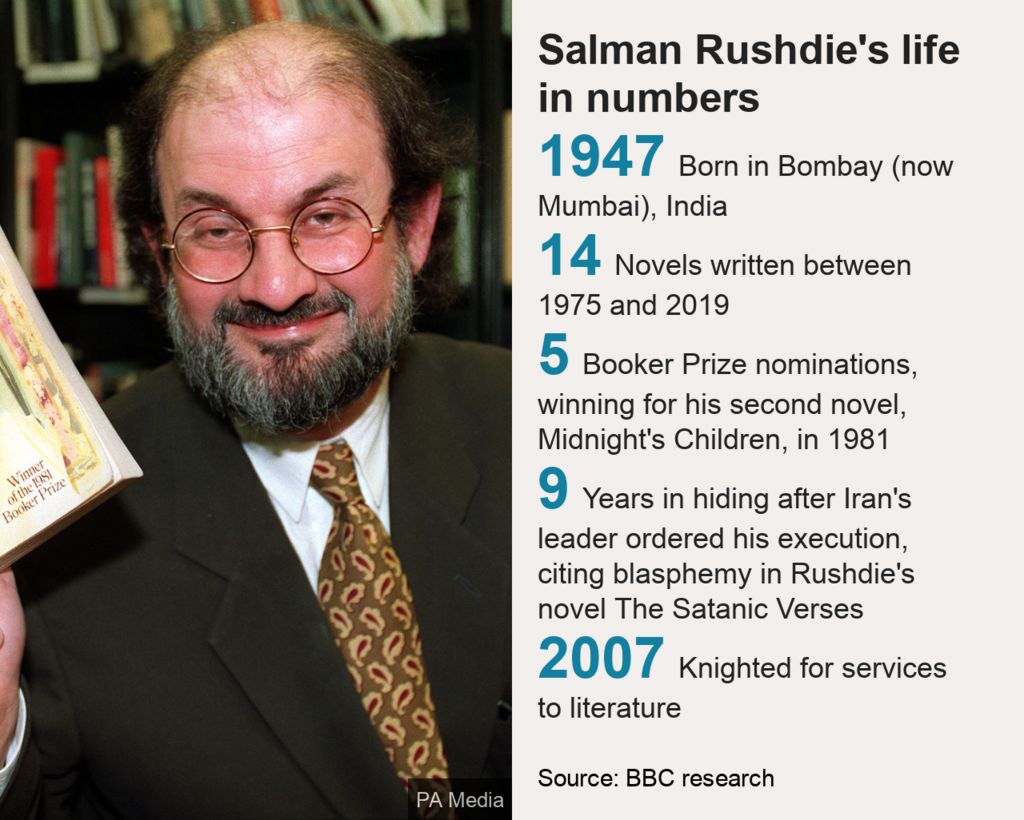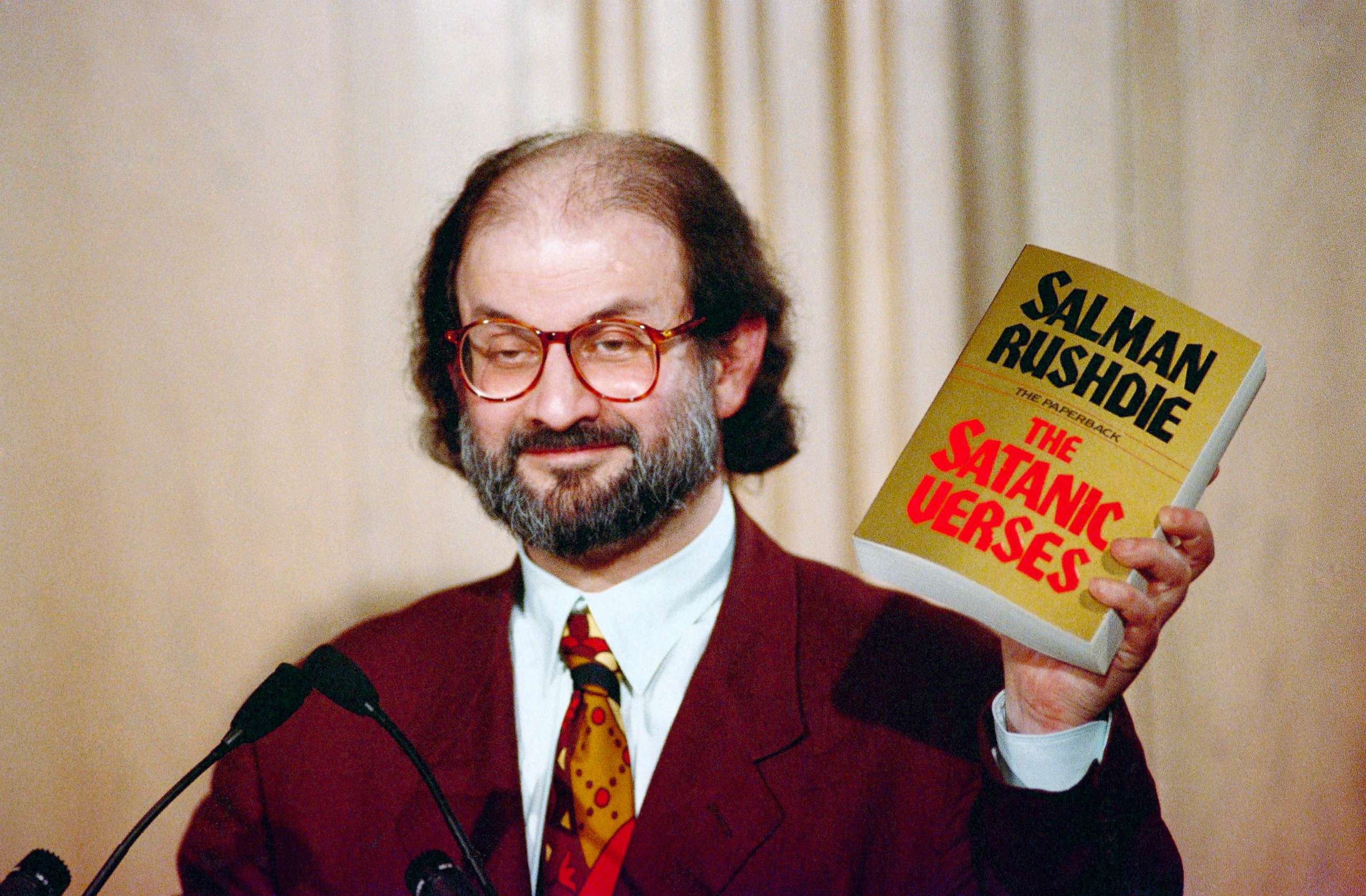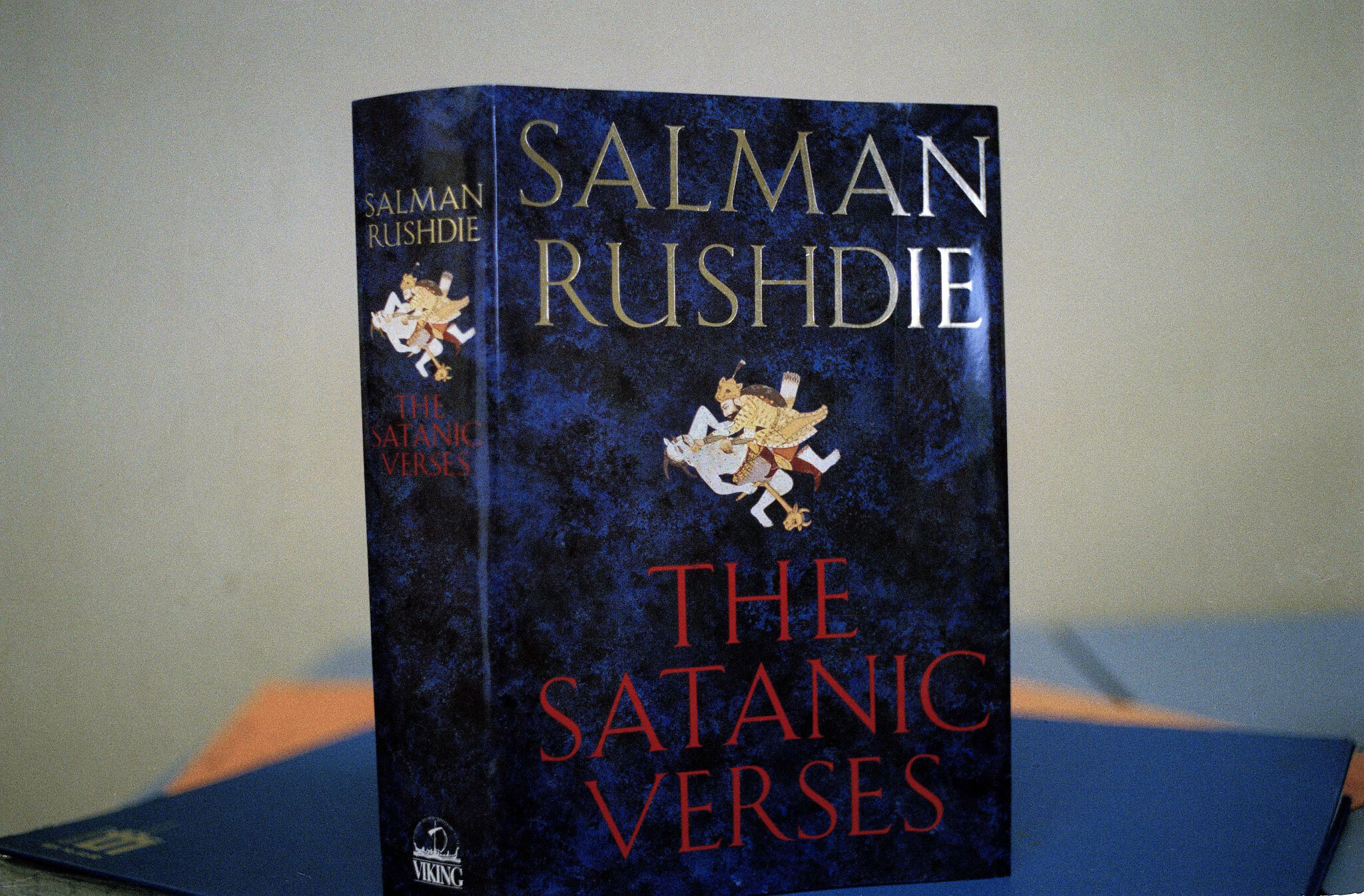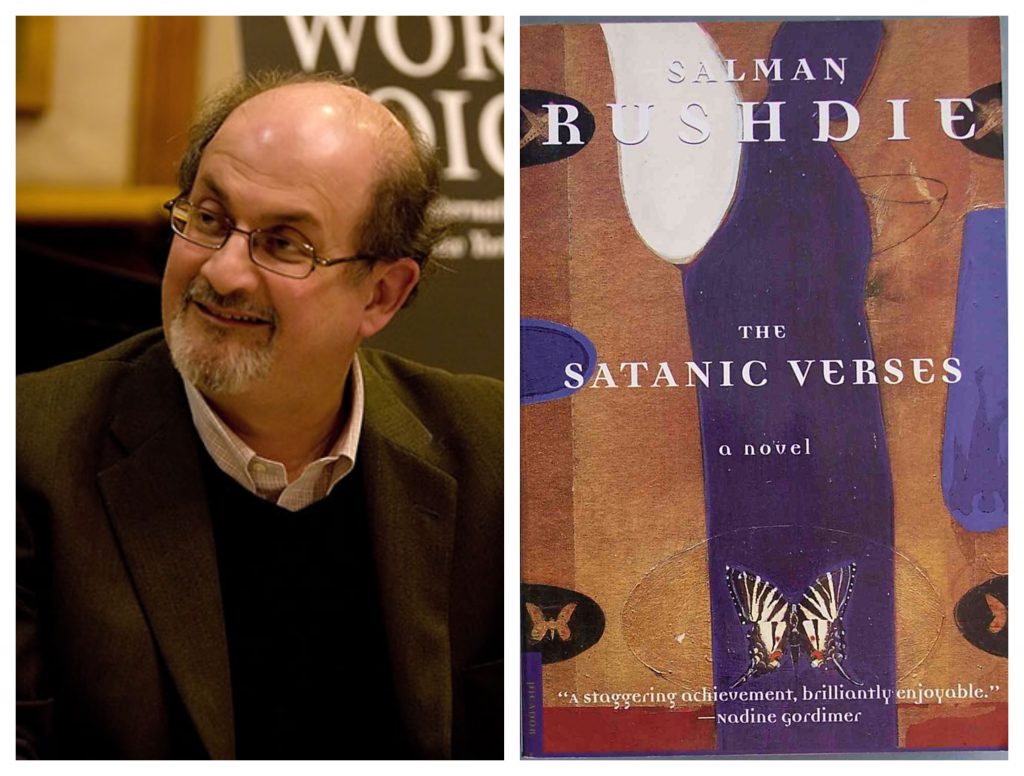
Salman Rushdie is far more than just a name; he represents a remarkable phenomenon within the realm of literature. Born on June 19, 1947, in Bombay, which is now known as Mumbai, Rushdie’s life story is a captivating narrative that traces his evolution from a young boy in India to a celebrated author recognized on a global scale. His literary journey is marked by a unique blend of cultural influences, personal experiences, and a profound engagement with the complexities of identity, politics, and religion. Throughout his career, Rushdie has produced a diverse array of works that challenge conventional narratives and provoke thought. However, his life has not been without its share of controversies, particularly surrounding his most famous novel, “The Satanic Verses.” This book ignited significant backlash and led to serious threats against his life, highlighting the intersection of art and politics in a deeply polarized world. Join us as we explore the multifaceted life, the impactful works, and the ongoing debates that continue to surround this literary giant, whose influence extends far beyond the pages of his books.
Early Life: The Roots of a Storyteller

Childhood in India
Salman Rushdie was born into a well-to-do Muslim family, a background that significantly influenced his development as a storyteller. His father, a successful businessman, provided a stable and nurturing environment that allowed for intellectual curiosity and creativity to flourish. Growing up in Bombay, a city renowned for its cultural diversity and vibrancy, Rushdie was exposed to a rich tapestry of traditions, languages, and narratives. This dynamic environment not only enriched his childhood experiences but also laid the groundwork for his later works, which often reflect the complexities of identity and the interplay of different cultures.
Education: The Foundation of a Literary Career
After completing his early education at the prestigious Rugby School in England, Rushdie went on to study history at the esteemed University of Cambridge. This rigorous academic training provided him with a solid foundation in critical thinking and analysis, as well as a deep understanding of historical contexts. The themes of history and philosophy that he encountered during his studies would later become integral to his literary works. His education not only honed his writing skills but also equipped him with the tools to explore complex ideas and narratives, which would resonate throughout his acclaimed novels.
Literary Breakthrough: The Rise of a Novelist

### Grimus: The First Step
Salman Rushdie’s debut novel, **Grimus**, was released in 1975 and marked the beginning of his literary journey. This work is a fascinating amalgamation of fantasy elements and deep philosophical exploration. While it did not garner significant attention at the time of its publication, **Grimus** laid the groundwork for Rushdie’s future endeavors, showcasing his unique narrative style and imaginative prowess. The themes and ideas introduced in this early work hinted at the profound storytelling that would later define his career.
### Midnight’s Children: A Game Changer
In 1981, Rushdie published **Midnight’s Children**, a groundbreaking novel that would elevate him to the status of an international literary figure. This remarkable work employs magical realism to weave together the tale of India’s tumultuous transition to independence with the life story of its central character, Saleem Sinai. The novel not only captivated readers but also earned Rushdie the esteemed **Booker Prize**. Its significance was further underscored when it was awarded the **Booker of Bookers** in 1993, recognizing it as one of the greatest novels in English literature.
#### Why Is Midnight’s Children So Important?
**Midnight’s Children** transcends mere storytelling; it serves as a rich tapestry that intricately portrays India’s history, culture, and political landscape. The novel’s innovative structure reflects the chaos and complexity of post-colonial India, showcasing Rushdie’s literary genius. Through the intertwining of personal and national narratives, the book invites readers to engage with the multifaceted identity of a nation in flux, making it a seminal work that continues to resonate with audiences around the world.
Controversies: The Price of Free Speech

The Satanic Verses: A Pivotal Moment in Literature and Free Speech
In 1988, Salman Rushdie published his controversial novel, The Satanic Verses, which quickly ignited a firestorm of outrage within the Muslim community. The book’s depiction of key religious figures and its provocative themes led to widespread accusations of blasphemy. In response to the uproar, Ayatollah Khomeini issued a fatwa calling for Rushdie’s death, a decision that plunged the author into a perilous situation and forced him into hiding for nearly a decade. This tumultuous period not only altered the course of Rushdie’s life but also highlighted the potential consequences of challenging deeply held beliefs through literature.
What Does This Incident Reveal About Free Speech?
The fallout from The Satanic Verses ignited a global discourse on the boundaries of free speech and the ethical responsibilities that come with being an author. Rushdie’s plight transformed him into a powerful symbol of the fight against censorship and the dangers faced by those who dare to express controversial ideas. His experience raises critical questions about the delicate balance between artistic freedom and the need to respect diverse religious beliefs, prompting society to reflect on how far one can go in the name of free expression without infringing on the sentiments of others.
Life in Exile: The Writer’s Resilience

Writing Under Threat
Despite the threats against his life, Rushdie continued to write. His works during this period, including Imaginary Homelands and Haroun and the Sea of Stories, reflect his resilience and commitment to storytelling.
Return to Public Life
In 1998, the Iranian government announced it would no longer seek to enforce the fatwa, allowing Rushdie to return to a semblance of normalcy. However, the scars of his experience remained.
Later Works: Evolution of a Master

Exploring New Themes
Rushdie’s later novels, such as The Ground Beneath Her Feet and Shalimar the Clown, delve into themes of identity, migration, and the impact of terrorism. His storytelling continues to evolve, reflecting the complexities of modern life.
Recent Publications
In 2023, Rushdie released Victory City, a work of magic realism that explores the rise and fall of a city in 14th-century India. This novel showcases his ability to weave intricate narratives that resonate with contemporary issues.
Personal Life: The Man Behind the Words

Relationships and Marriages
Rushdie’s personal life has been as colorful as his novels. He has been married multiple times, including a high-profile marriage to model and television personality Padma Lakshmi. His relationships often reflect the themes of love and loss found in his writing.
Recent Challenges
In August 2022, Rushdie was attacked on stage during a literary event, resulting in serious injuries. This incident reignited discussions about the dangers faced by authors who challenge societal norms.
Legacy: A Lasting Impact on Literature

A Voice for the Voiceless
Rushdie’s work has inspired countless writers and readers around the world. He has become a symbol of the fight for freedom of expression, and his novels continue to challenge and provoke thought.
Honors and Awards
Throughout his career, Rushdie has received numerous accolades, including the Booker Prize and a knighthood in 2007. His contributions to literature have been recognized globally, solidifying his place in literary history.

Salman Rushdie’s journey is a testament to the power of storytelling. His ability to weave complex narratives that explore deep philosophical and historical themes makes him one of the most significant authors of our time. As we continue to grapple with issues of free speech and censorship, Rushdie’s voice remains crucial in the ongoing dialogue about the role of literature in society.
| Year | Event |
|---|---|
| 1947 | Born in Bombay, India |
| 1975 | Published first novel, Grimus |
| 1981 | Won Booker Prize for Midnight’s Children |
| 1988 | Published The Satanic Verses, leading to a fatwa |
| 1998 | Fatwa enforcement lifted |
| 2022 | Attacked during a literary event |
| 2023 | Released Victory City |

